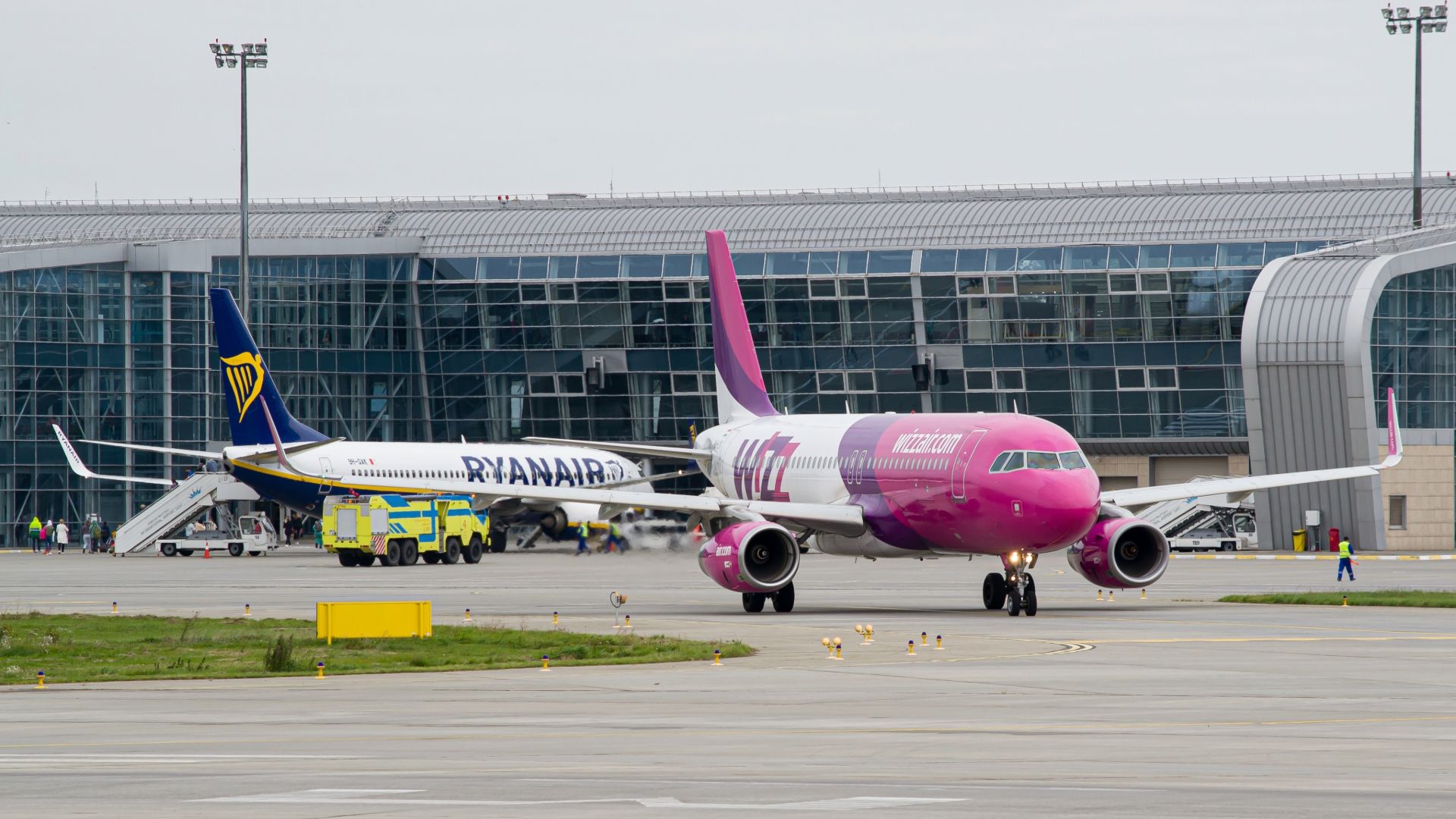URGENT UPDATE: Major UK airlines, Ryanair and Wizz Air, are sounding the alarm over escalating air travel taxes that could severely impact their operations. Both carriers have warned that unless action is taken, they may have to cut services in the UK and shift aircraft to more cost-effective markets.
This warning follows the UK government’s announcement of increased Air Passenger Duty (APD), which will take effect on April 1, 2026. Passengers will face an additional $2.63 (£2) for the cheapest seats and up to 50% more for private jet travel. The government defends this move as necessary for inflation adjustments, but airlines argue it threatens the UK’s aviation growth and competitiveness.
Both airlines have pointed to the already high levels of APD, which is among the highest globally. The tax is levied on every departing passenger and varies based on flight distance and class. Ryanair’s Chief Executive Michael O’Leary stated, “If [the UK] raises APD again on domestic flights, then there will be a cut in capacity, no question.”
Wizz Air’s Chief Operations Officer Michael Delehant echoed these concerns, saying the UK market could become “very growth stunted.” He highlighted that rising costs could lead to fewer flights and job losses, particularly affecting regional airports and domestic routes.
The impending tax increases come on top of previous APD hikes, which have already begun to affect capacity and pricing. Economy passengers currently pay around $9.21 (£7) on domestic flights and up to $126 (£94) for long-haul journeys, with rates set to rise again.
The impact of these tax increases on regional flights is concerning. Ryanair has already cut services from Newquay, Cornwall, in favor of routes in Sweden, where APD has been abolished. The airline has around 300 aircraft on order but will divert future aircraft based on profitability.
Additionally, London Gatwick Airport is facing rising business rates that could jeopardize future investments, including plans for a second runway. Each aircraft based in the UK supports approximately 400 jobs and contributes about $35 million (£27 million) to the economy annually, highlighting the broader economic implications of these rising costs.
Both Ryanair and Wizz Air have already made significant cuts in their operations across Europe in response to soaring airport charges. Ryanair has slashed capacity by two million seats in Spain and is cutting routes in Germany and Latvia due to uncompetitive costs.
With the future of the UK aviation sector hanging in the balance, industry experts are urging the government to reconsider these tax increases. The risk of losing significant air traffic and investment could have lasting repercussions for both consumers and the economy.
As the situation develops, airlines warn that unless these costs are addressed, the UK could face a serious decline in its aviation market, leading to higher fares and fewer choices for travelers. Stay tuned for further updates on this critical issue impacting millions of passengers.







